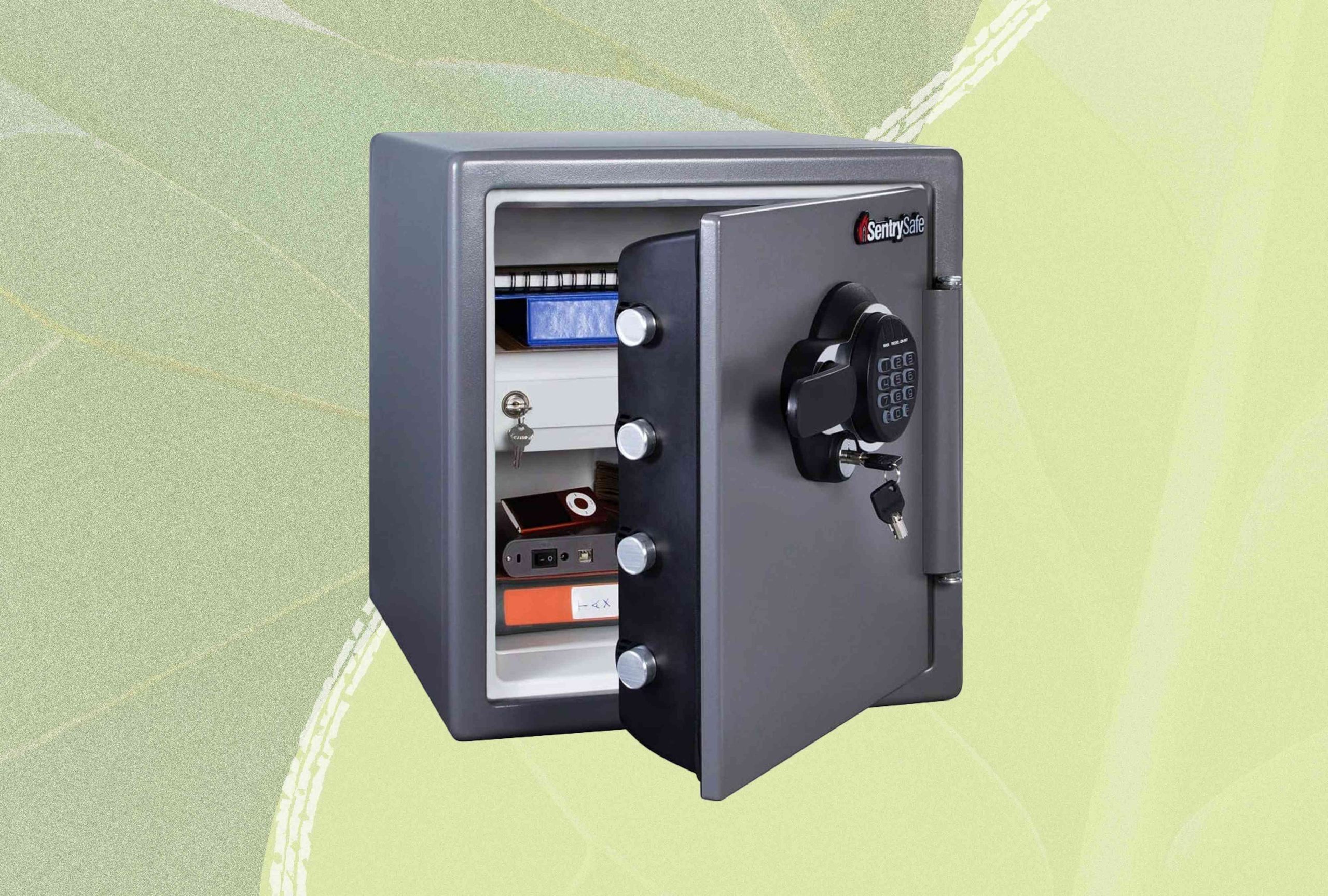This policy and practice review focuses on the importance of bank safes and fireproof security safes in Hong Kong to safeguard valuables, documents, and sensitive assets against theft, fire, and other risks. As a global financial hub, Hong Kong faces unique security challenges, necessitating robust measures to protect assets stored in banks, businesses, and residential properties. By examining the policies and practices related to fireproof security safes and bank safes hong kong, stakeholders can enhance security standards and mitigate risks effectively.
Bank Safes and Fireproof Security Safes:
Secure Storage:
Bank safes and fireproof security safes provide secure storage solutions for cash, jewelry, important documents, electronic data, and other valuables. These safes are constructed with durable materials and advanced locking mechanisms to deter unauthorized access and tampering.
Fire Resistance:
Fireproof security safes are designed to withstand high temperatures and protect contents from fire damage. These safes are insulated with fire-resistant materials such as gypsum or ceramic to maintain internal temperatures below critical levels during a fire emergency, ensuring the preservation of documents and sensitive items.

Burglary Protection:
Bank safes and high-security safes offer burglary protection features such as reinforced steel construction, pry-resistant doors, and drill-resistant locks. These safeguards deter burglars and unauthorized individuals from attempting to break into the safe and access its contents unlawfully.
Electronic Security:
Many modern bank safes and security safes are equipped with electronic security features such as biometric fingerprint scanners, keypad entry systems, and digital locks. These electronic systems provide additional layers of security and enable authorized users to access the safe conveniently while maintaining strict access control.
Compliance Standards:
Bank safes and security safes must comply with relevant industry standards and regulations to ensure their effectiveness and reliability. Compliance standards may include certifications from recognized testing laboratories, adherence to building codes, and compliance with insurance requirements for safe storage of valuables.
Effective Implementation:
- Risk Assessment:
Conducting a comprehensive risk assessment is essential to identify potential security threats and vulnerabilities that may impact the safe storage of valuables. Risk assessments help determine the appropriate size, type, and location of bank safes and security safes to mitigate identified risks effectively.
- Installation and Maintenance:
Proper installation and regular maintenance are critical for the optimal performance of bank safes and security safes. Safes should be installed by qualified professionals following manufacturer guidelines and regularly inspected for signs of wear, damage, or malfunction.
- Access Control Policies:
Implementing robust access control policies and procedures ensures that only authorized individuals can access bank safes and security safes. Access control measures may include biometric authentication, unique access codes, dual authorization requirements, and audit trails to track safe usage and monitor user activity.
Conclusion:
Fireproof security and bank safes Hong Kong play a crucial role in safeguarding assets and protecting against security threats in Hong Kong. By incorporating secure storage, fire resistance, burglary protection, electronic security features, and compliance standards, these safes provide effective solutions for storing valuables securely in banks, businesses, and residential properties. Effective implementation strategies, including risk assessment, installation and maintenance, access control policies, employee training, and integration with security systems, further enhance the security posture and resilience of bank safes and security safes against evolving threats.


